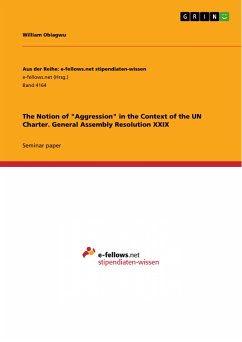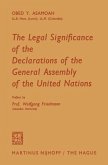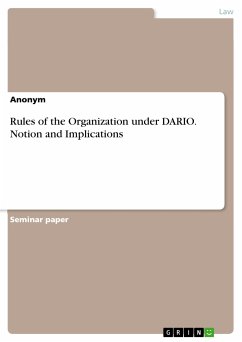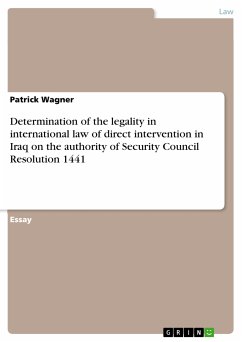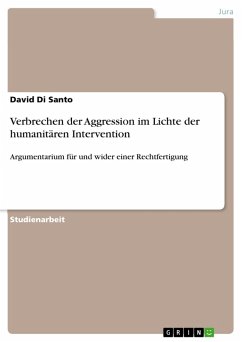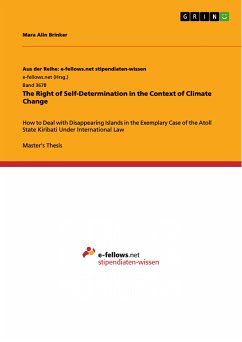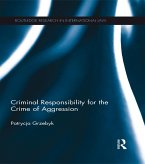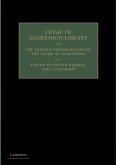Seminar paper from the year 2021 in the subject Law - European and International Law, Intellectual Properties, grade: 1, University of Vienna, language: English, abstract: This seminar paper set out to assess the meaning of Aggression in the context of the UN Charter and the overlapping prohibition of the use of inter-state force in international relation. It is hoped that this research will contribute to a deeper understanding of the impact and legal consequences of the notion of aggression. The United Nations General Assembly's consensus definition of Aggression, annexed to General Assembly Resolution 3314 on 14. December 1974, is at the heart of our present understanding of the concept of Aggression within the United Nation Charter and manifests a "legal standard for distinguishing legitimate from illegitimate action"1 in international relations. But since its adoption, the generic definition of Aggression has received considerable critical attention because of its ambiguities, inconsistencies, openness and conflicting interpretations. From this, the question arises if the long-lasting procedure of defining Aggression was useless as the consensus definition has not only not been fully integrated into the international legal system but also fails to deter future aggressors. In addition, much uncertainty exists about the conjunction between the consensus definition and the prohibition of the use of inter-state force.
Dieser Download kann aus rechtlichen Gründen nur mit Rechnungsadresse in A, B, BG, CY, CZ, D, DK, EW, E, FIN, F, GR, HR, H, IRL, I, LT, L, LR, M, NL, PL, P, R, S, SLO, SK ausgeliefert werden.

